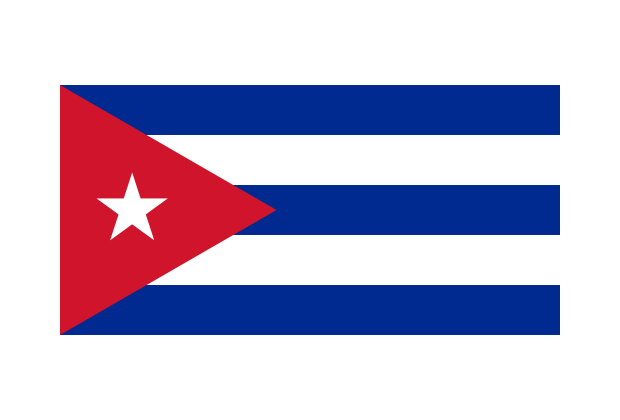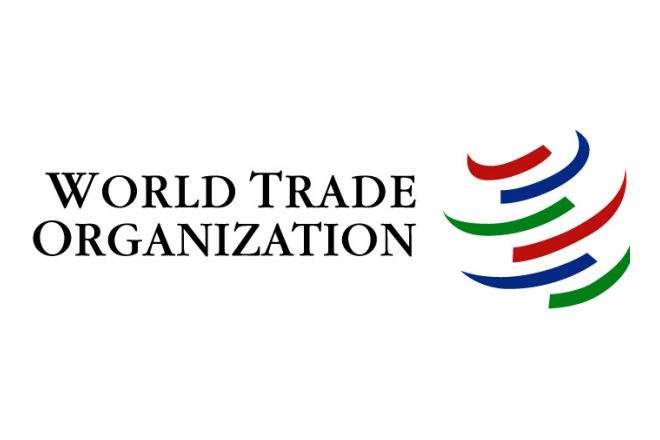Foreign companies that do business in and with Cuba could be subject to U.S.-based lawsuits over stolen Cuban property.
Secretary of State Mike Pompeo is expected to unveil the policy change in Miami tomorrow. Formally, the U.S. will begin fully enforcing Title III of the Helms-Burton Act, which until recently had been perpetually suspended since the law was passed in 1996. Last month, the U.S. government modified its enforcement plan, allowing lawsuits for the first time but only to Cuban companies on the Cuba Restricted List.
Now the Trump Administration is planning on enforcing the full law, an exponentially more controversial move.
**BREAKING*** TRUMP ADMINISTRATION TO ALLOW U.S. LAWSUITS AGAINST ALL FOREIGN FIRMS DOING BUSINESS IN CUBA WITH CONFISCATED PROPERTY – SENIOR U.S. OFFICIAL
— Sarah Marsh (@reuterssarah) April 16, 2019
The Cuban Liberty and Democratic Solidarity Act, more commonly known as the Helms-Burton Act after the legislators who co-wrote the legislation—was an extension of the existing Cuban embargo passed in March 1996. Its most controversial portion is Title III, which would allow for U.S. citizens to sue both Cuban companies and individuals over confiscated property or even those who “traffic” in confiscated property.
Most believe that any enforcement of Title III would further degrade relations between the U.S. and Cuba, but just allowing lawsuits against Cuban companies had a somewhat limited effect as it was unclear whether those companies would actually participate in the lawsuits.
The change in full enforcement means that non-Cuban companies that do business in Cuba and the U.S., particularly European companies, could be subject to lawsuits in the U.S.
For the cigar industry, all eyes will turn to Imperial Brands, plc, the British-based tobacco company that owns Altadis U.S.A, Casa de Montecristo, JR Cigar, Tabacalera de García and 50 percent of Habanos S.A., the joint venture responsible for the marketing and distribution of Cuban cigars outside of Cuba. It will likely be named as a co-defendant in lawsuits by those who claim that cigar brands, tobacco fields, cigar factories or other property was confiscated and is now used by the Cuban tobacco monopoly, which Imperial does business with.
The law allows for Americans to sue over the trafficking of confiscated property in Cuba, which could include physical property, trademarks and the profits that have been generated due to the seized property. Specifically, the property must have been confiscated by the Cuban government on or after Jan. 1, 1959.



